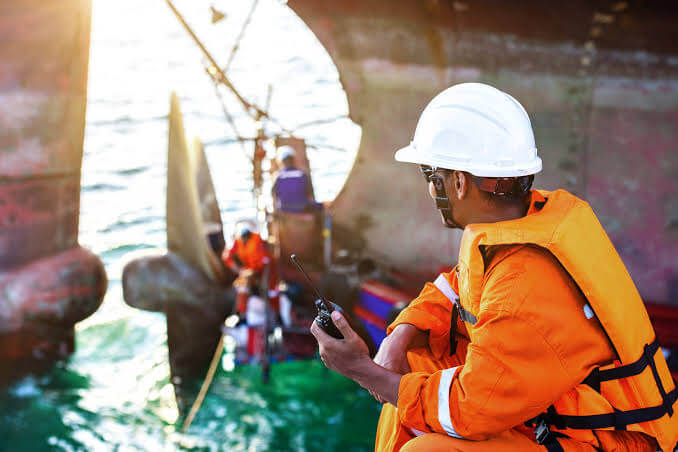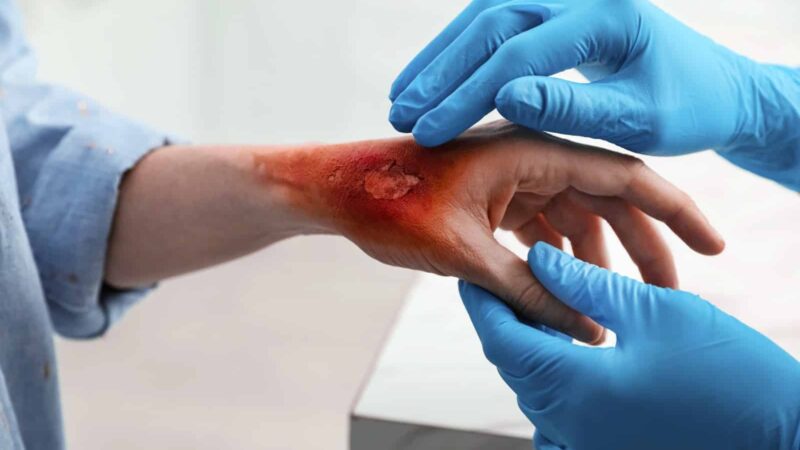What to Do After a Maritime Accident

Maritime jobs involve human decisions and the unpredictability of the sea. In this scenario, maritime accidents can happen—statistics indicate that 75–96% of them are often influenced by both human actions and behavior. Even maritime environments like busy shipping lanes, bustling port areas, and high-risk locations can make it more likely to happen.
When a maritime work injury happens, the victim has specific legal rights under the maritime laws. Though legal proceedings are more challenging than those for land-based workers, injured maritime workers can secure more compensation than through standard workers’ compensation claims. The legal proceedings for a maritime work injury can be extremely challenging for any injured worker. Hiring an experienced maritime injury attorney is the best option for anyone in this situation.
If you were to find yourself in a maritime accident, whether it’s a collision, groundings, fires, or machinery failures, it can leave you feeling lost at sea, unsure of what steps to take next. That’s why we’ll walk you through the immediate safety measures you can take and the necessary legal actions you can take.
Immediate Safety Measures
If there’s a maritime accident, respond by acting fast and looking for any hazards to keep everyone safe. First, be sure to have everyone on board wear a life jacket and be away from any immediate danger. Check on everyone by doing a headcount to confirm everyone’s whereabouts and help those who may be injured or in distress.
Then, look for problems like leaking fuel, fire risks, or structural damage to the vessel. Do necessary precautions to stop further harm—contain spills, put out fires if it’s safe, and move people from unstable areas. Talk to everyone involved to gather information to find out what happened and if anyone needs medical help. Prioritize safety and act quickly.
Seek Medical Attention
After a maritime accident, make your health a priority. Even if you feel fine at first, see a doctor. Some injuries may not show up right away. Whether it’s small cuts or something more serious, getting checked helps document your condition post-accident for insurance claims or legal matters that may follow.
Some injuries, like concussions or internal trauma, may have delayed symptoms, so don’t wait or downplay it—seeing a doctor means having any issues caught early and treated effectively. Your health is priceless, and having a professional examination can help you avoid problems and accelerate your recovery.
Report the Accident
Report the maritime accident ASAP for legal and safety reasons. Inform the relevant authorities, such as the Coast Guard or local maritime law enforcement, with accurate details about the incident—where, when, and what happened. Remember to jot down the names and contact information of witnesses and involved parties.
Report the accident to your employer or the vessel owner too. They need to document the incident for insurance and regulatory purposes. Be thorough in your account of what transpired, but stick to the facts without admitting fault.
You also have the option to get legal advice before submitting any formal reports. A maritime lawyer can guide you through the process and have your rights protected. They can help you understand the implications of the accident and advise you on the best course of action.
Document Everything
Documenting everything related to the incident means keeping a thorough record of events. After the accident, make sure to gather all relevant information, including the date, time, and location of the incident. Take photographs or videos of the scene and any damages, injuries, or hazardous conditions. Collect contact information from witnesses and involved parties. Keep any communication records, such as emails, messages, or written notes, regarding the accident.
Then, write down your detailed account of what happened leading up to, during, and after the accident. Include factors like weather conditions, visibility, and any equipment malfunctions. Keep all medical records, bills, and reports related to injuries sustained during the incident. Don’t forget to preserve any physical evidence, such as damaged equipment or clothing.
Contact a Maritime Lawyer
A maritime lawyer specializes in maritime law and can offer valuable expertise in handling maritime accidents. You can have your interests protected and receive the compensation you deserve by immediately contacting a maritime lawyer.
Maritime lawyers are well-versed in the laws that govern accidents that occur at sea or in navigable waters. They can help you gather evidence, assess liability, and negotiate with insurance companies on your behalf. A maritime lawyer can also represent you in court if the need arises, advocating for your rights and seeking a favorable resolution to your case.
In dealing with the effects of a maritime accident, having a knowledgeable maritime lawyer on your side can make a significant difference in the outcome of your case and help you through this challenging time.
Conclusion
After a maritime accident, prioritize your safety and seek medical help immediately. Report the incident, document all details, and contact a maritime lawyer to protect your rights and seek compensation.
By taking these steps promptly, you can receive the necessary support and legal guidance to handle the aftermath of the accident effectively. Your well-being and rights matter, so take action without delay.






